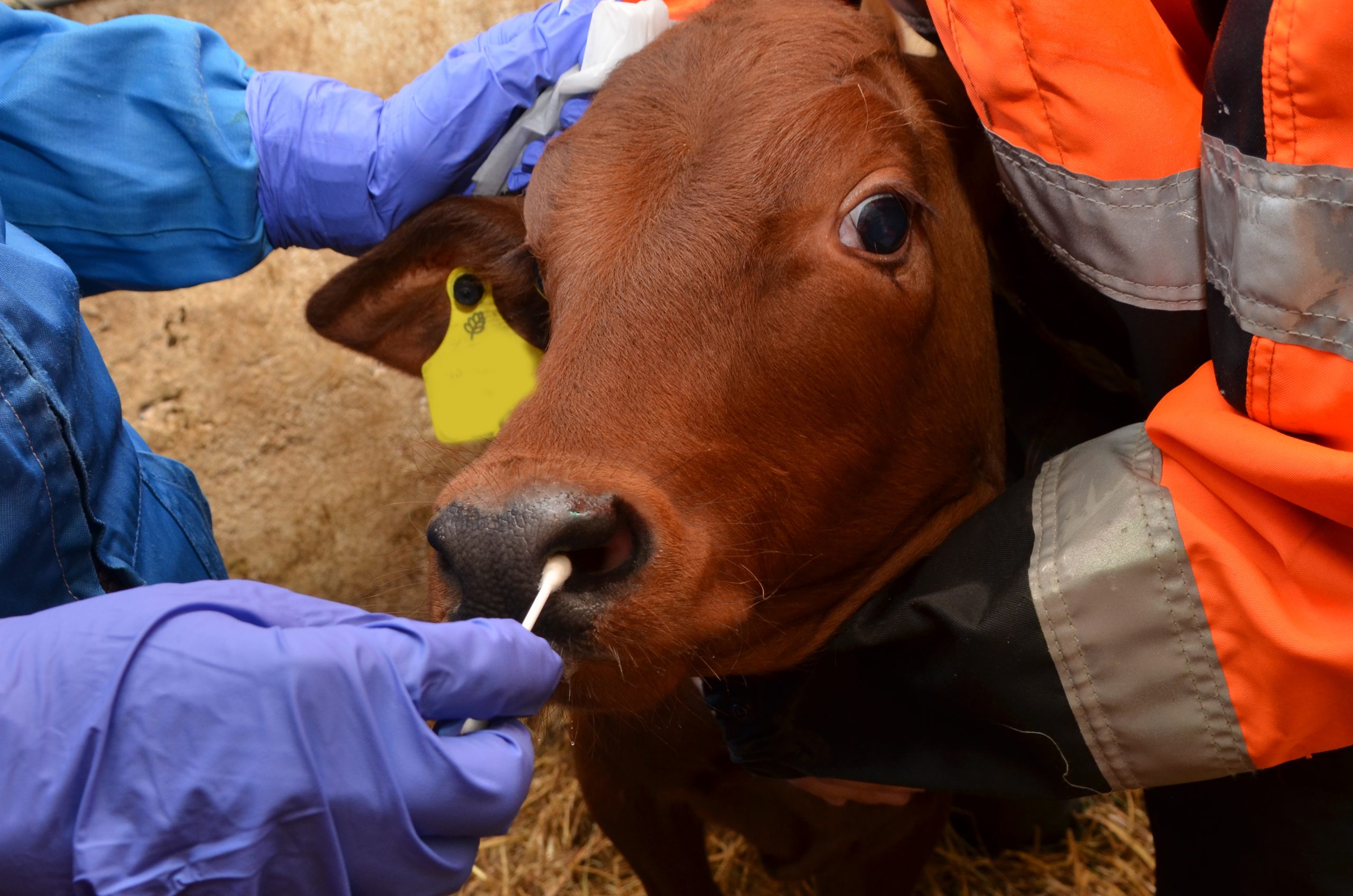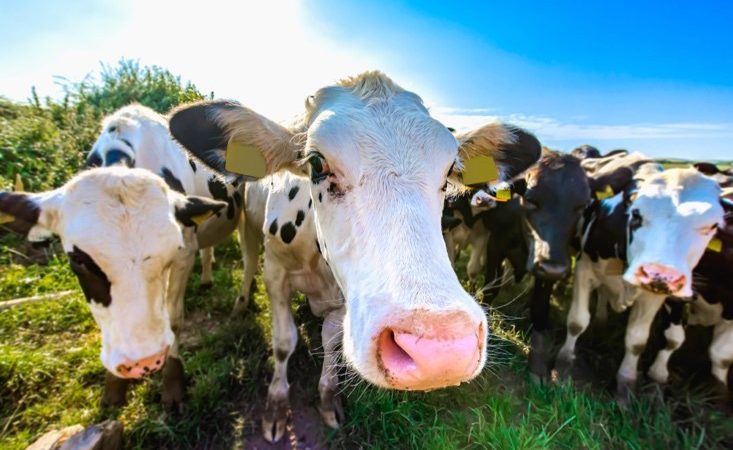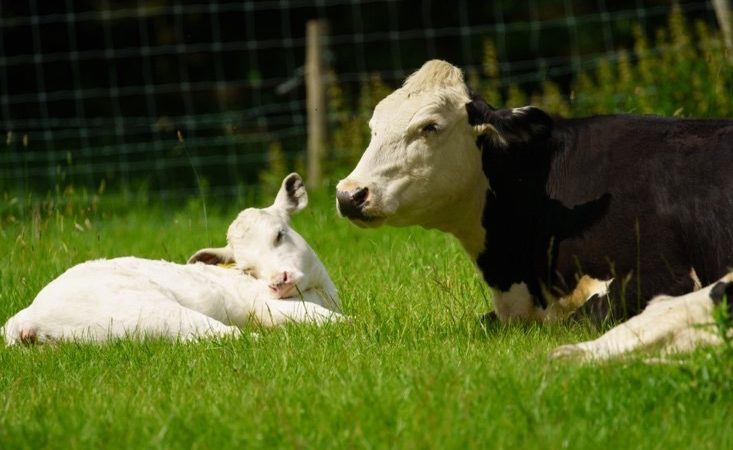Mycoplasma bovis more widespread in NI than thought

Mycoplasma bovis is more widespread than previously thought, a new surveillance programme has revealed.
Results, from practices across Northern Ireland, England, Scotland, Wales and Northern Ireland, show that M bovis is present in every region, in both beef and dairy herds.
As part of the surveillance programme, vets were offered free M bovis tests regardless of whether herds were exhibiting signs of disease or not.
Of the 41 farms from across the UK taking part, 18 tested positive, six were inconclusive or void, and 17 were negative.
But the results also revealed that some types of analysis were more sensitive than others.
Of the 25 blood tests, 52% were positive while 20% were inconclusive and 28% were negative – despite the fact that eight of those negative / inconclusive results were from farms with symptomatic animals.
An interesting result was that the five bulk milk serology tests all came back positive. The 11 PCR tests – mainly of bulk milk samples – failed to show a single positive result.
Graeme Fowlie, director of Meadows Vets in Aberdeenshire, who took part in the programme, said: “For a few years, I have suspected that M bovis is more prevalent than expected.
“And from working with vets across the country taking part in the surveillance programme, it’s become clear that that is the case.”
Mycoplasma bovis causes several diseases in cattle, the most common being respiratory disease in calves, and less commonly ear infections (otitis media) resulting in head tilt. In older animals it can also cause arthritis, mastitis and pneumonia, but these are much less commonly diagnosed; eye infections (infectious keratoconjunctivitis) and abortion have also been recorded.
Ben Pedley, farm clinical director at Willows Farm Vets, Cheshire, said: “In the past two years we have found M bovis on a number of farms after PCR testing lung samples taken post-mortem from pneumonia cases.
Mycoplasma bovis does not cause disease in humans and it is not a notifiable disease.
The surveillance programme will continue this winter, with further free testing available to vets across the UK.






